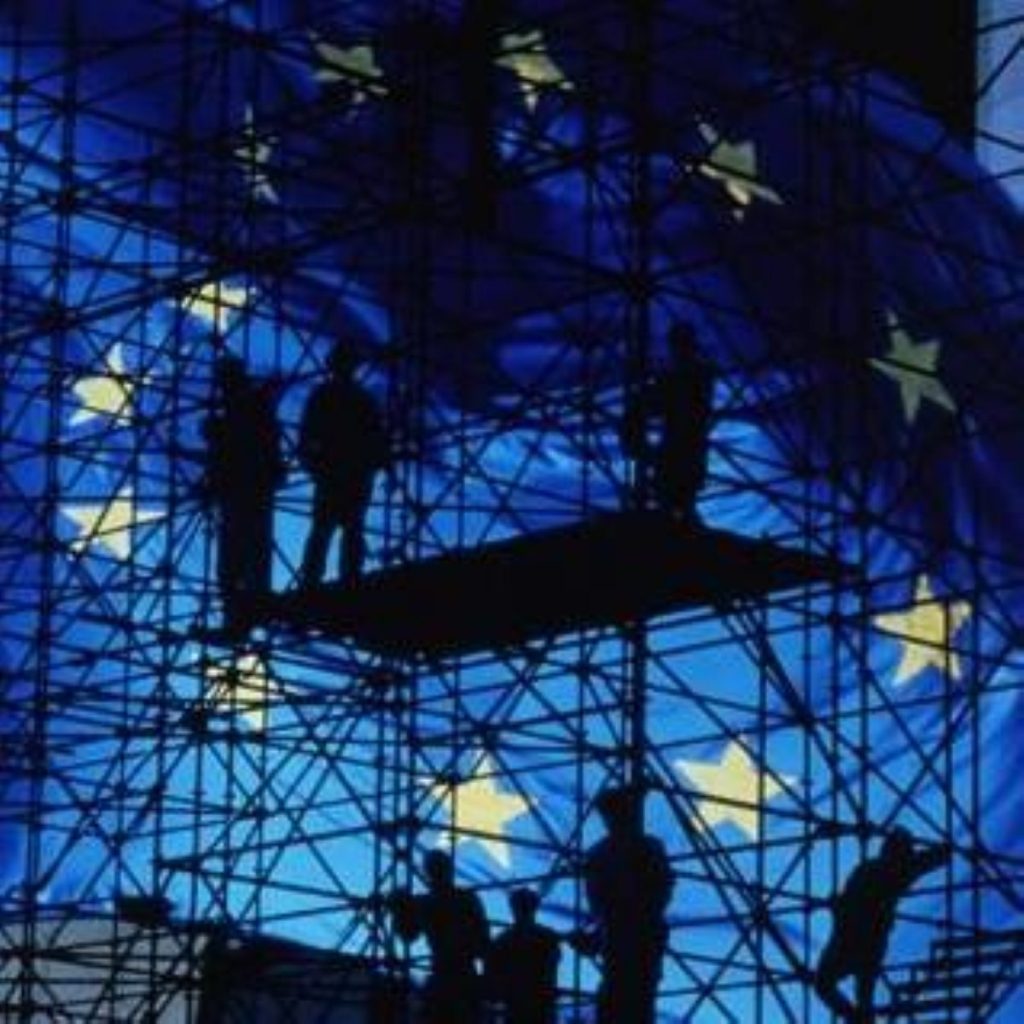Call for better EU intelligence sharing to tackle terrorism
EU members need a more effective system of information and intelligence sharing to fight international terrorism, according to peers.
The House of Lords EU Committee investigated the response of the EU following the Madrid bombings on 11 March 2004.
It said in a report published today that the EU should provide the structures to encourage co-operation between member states, to spread best practice and to ensure information is being passed on to central databases.
Lord Wright of Richmond, who chaired the inquiry, said the EU’s current structures were “confusing” and needed to “be streamlined”.


The EU is also urged to engage more fully with other international bodies, such as in passing on information on lost and stolen passports to Interpol.
The committee makes 25 recommendations in all, including that Europol should play a more positive role. Europol’s effectiveness had been hampered in recent months by the failure of EU members to agree the appointment of a director, the committee said.
It also called upon the Counter-terrorism Co-ordinator to play a key role in streamlining EU structures, and said information and intelligence sharing would only be achieved through the building of mutual trust alongside legislation.
Peers also noted that the UK is not yet in a position to record the passport numbers of all incoming passengers and check them against its database.
Lord Wright said: “International terrorism is a scourge of modern society and action needs to be mobilised against it at national, EU and global levels. The EU makes an important contribution supporting member states – who have the primary responsibility – but its structures are complex and confusing and need to be streamlined.”

